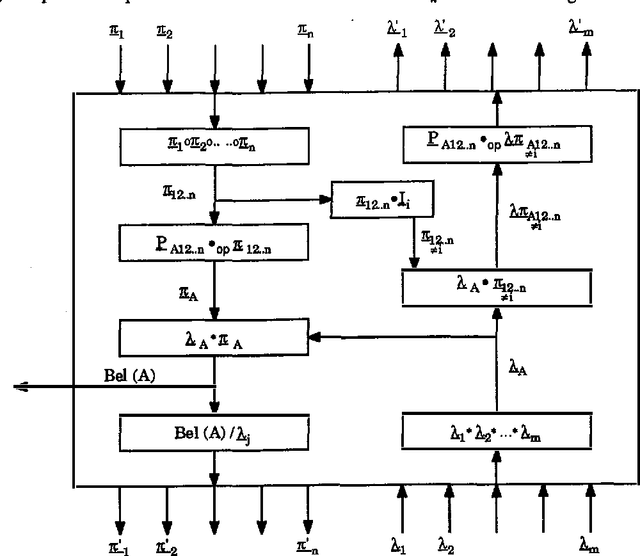Implementing a Bayesian Scheme for Revising Belief Commitments
Paper and Code
Mar 27, 2013
Our previous work on classifying complex ship images [1,2] has evolved into an effort to develop software tools for building and solving generic classification problems. Managing the uncertainty associated with feature data and other evidence is an important issue in this endeavor. Bayesian techniques for managing uncertainty [7,12,13] have proven to be useful for managing several of the belief maintenance requirements of classification problem solving. One such requirement is the need to give qualitative explanations of what is believed. Pearl [11] addresses this need by computing what he calls a belief commitment-the most probable instantiation of all hypothesis variables given the evidence available. Before belief commitments can be computed, the straightforward implementation of Pearl's procedure involves finding an analytical solution to some often difficult optimization problems. We describe an efficient implementation of this procedure using tensor products that solves these problems enumeratively and avoids the need for case by case analysis. The procedure is thereby made more practical to use in the general case.
 Add to Chrome
Add to Chrome Add to Firefox
Add to Firefox Add to Edge
Add to Edge